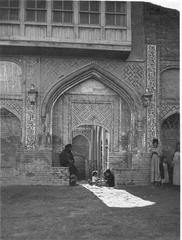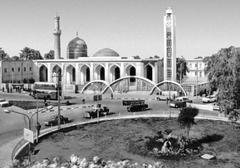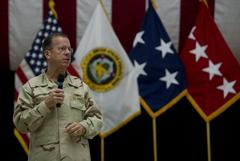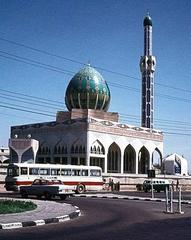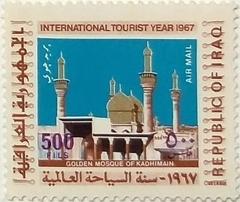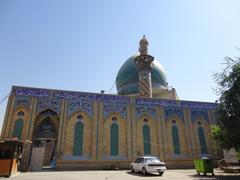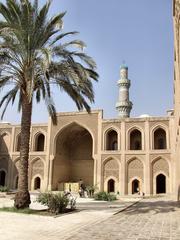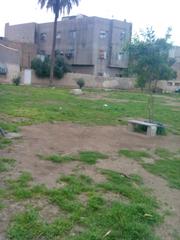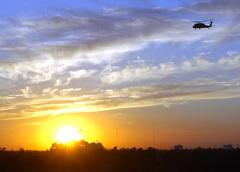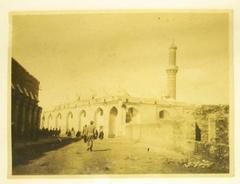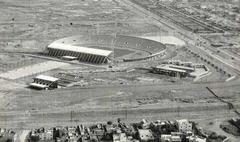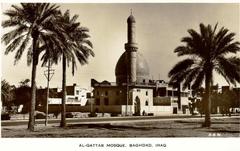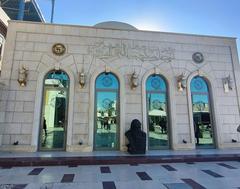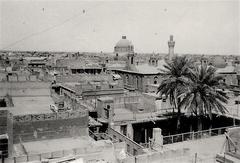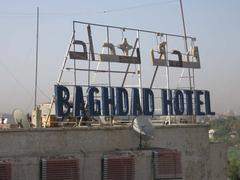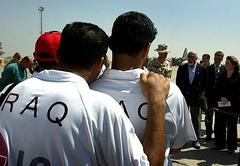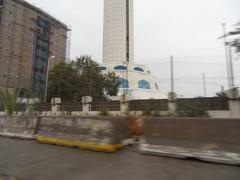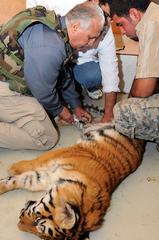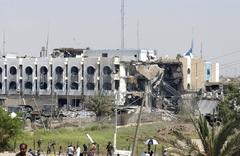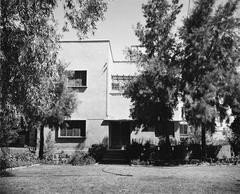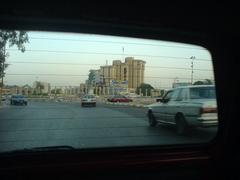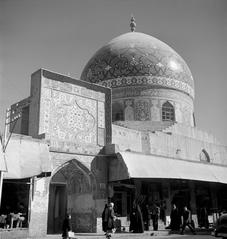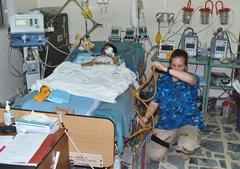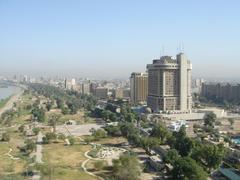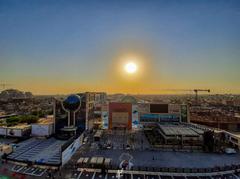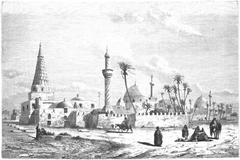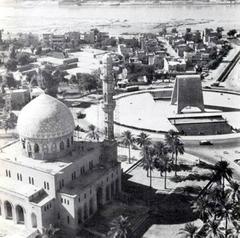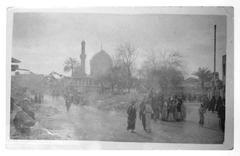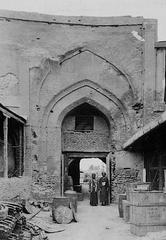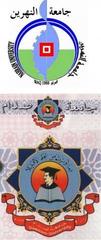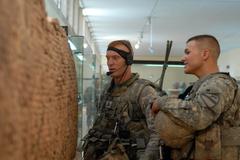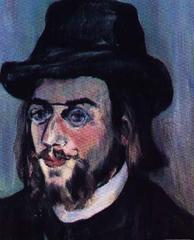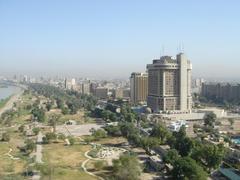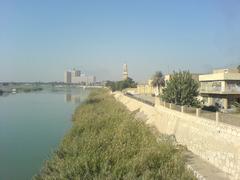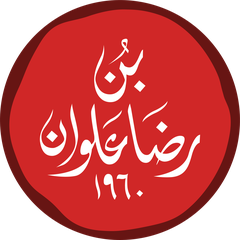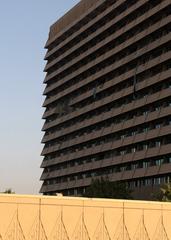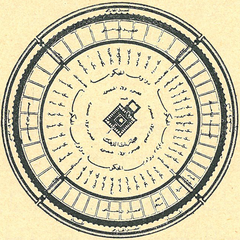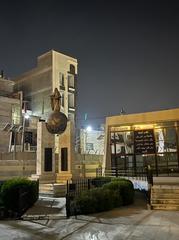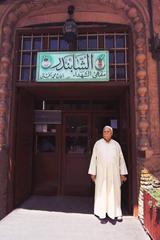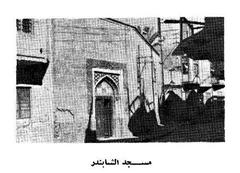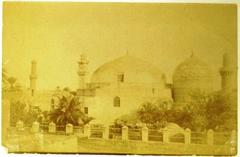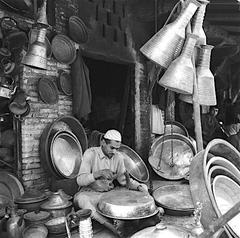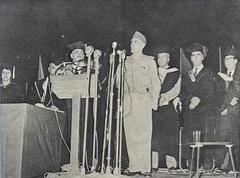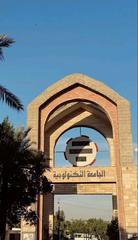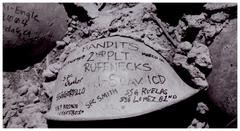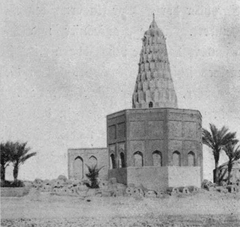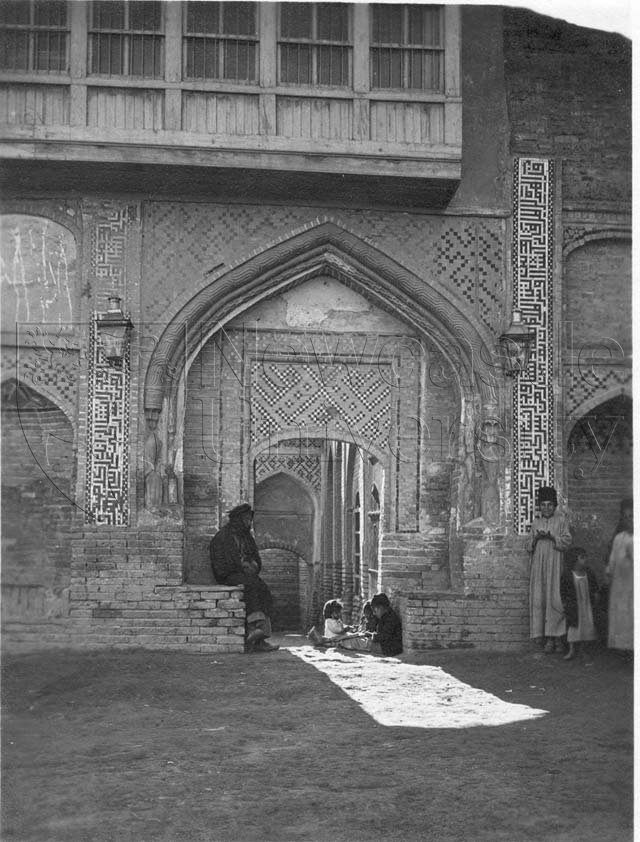
Mosque of Sayed Sultan Ali: Visiting Hours, Tickets, and Historical Significance in Baghdad, Iraq
Date: 14/06/2025
Introduction
The Mosque of Sayed Sultan Ali stands as one of Baghdad’s most revered religious and historical landmarks, representing centuries of Islamic spirituality, Sufi tradition, and the architectural legacy of the Ottoman era. Nestled in the Rusafa district near Al-Rasheed Street and the Tigris River, this mosque serves not only as an active place of worship but also as a cultural touchstone that connects Baghdad’s residents and visitors to the city’s rich Islamic heritage and the lineage of the Prophet Muhammad (Wikipedia: Syed Sultan Ali Mosque; Designed in Iraq). This guide provides detailed information about the mosque’s history, visiting hours, ticket policies, accessibility, and recommendations for a meaningful visit.
Historical and Cultural Background
Founding and Lineage
The foundation of the Mosque of Sayed Sultan Ali dates back to the Ottoman era, with its establishment attributed to the late 16th century under the governance of Ali Pasha (Trek Zone). The mosque is named after Sayed Sultan Ali, esteemed as a descendant of the Prophet Muhammad through his daughter Fatimah and son-in-law Ali ibn Abi Talib—a lineage highly venerated in Islamic tradition (Meaning of Sayed in Islam). While local lore and scholarly sources debate the exact identity of Sayed Sultan Ali, his shrine enshrined within the mosque has long been a focal point for spiritual devotion.
Sufi and Educational Role
The mosque holds deep significance for the Rifa’i Sufi order, serving as a locus for religious education, Sufi rituals (such as dhikr), and pilgrimage. The presence of a madrasah and the Qara Ali Tekke (Sufi lodge) within the complex has historically made it a center for Islamic learning and community gatherings, attracting scholars and the faithful alike (Audiala: Baghdad Guide).
Architectural Heritage
Architecturally, the mosque exemplifies the Ottoman style, with its central dome, slender minaret adorned with blue tiles, spacious prayer hall, and intricate calligraphic and arabesque decorations. The use of brick masonry, colorful tilework, and wooden mashrabiya screens highlight the blend of Ottoman aesthetics with local Iraqi traditions (Britannica: Baghdad Architecture and Monuments).
Visiting the Mosque of Sayed Sultan Ali
Location and Access
Situated on Al-Rasheed Street in Baghdad’s historic Rusafa district, the mosque is easily accessible by taxi or ride-hailing services. Its central location places it near other key cultural and religious sites, making it an ideal starting point for exploring the city’s heritage (Adventures of Lil Nicki).
Visiting Hours
- Open Daily: 8:00 AM to 6:00 PM
- Note: Visiting hours may be adjusted during major Islamic holidays and special events. It is advisable to check for updates locally or through the Audiala app before visiting.
Tickets and Entry
- Entrance: Free of charge for all visitors.
- Donations: Voluntary donations are encouraged to support the mosque’s upkeep and community services.
Entry Procedures
- Security: Expect basic security screening at the entrance. Bags and electronic devices may be checked, and storage for restricted items is usually available.
- Dress Code: Modest attire is strictly enforced—long sleeves and trousers for men; headscarves and loose clothing for women (abayas are available for rent or purchase nearby).
- Shoes: Must be removed before entering prayer areas. Shoe racks or plastic bags are provided.
Accessibility
- Mobility: The mosque’s historic layout includes steps and uneven surfaces, making wheelchair access limited. Visitors with mobility challenges should arrange assistance beforehand.
- Facilities: Basic restrooms are available; bring your own tissues and sanitizer. Drinking water may not be provided onsite.
Visitor Experience and Etiquette
Best Times to Visit
- Optimal Season: Late October to early April, when temperatures are milder. Summers can be extremely hot (over 40°C/104°F).
- Peak Days: Fridays and major Islamic holidays are particularly busy; non-Muslims may have limited access to prayer halls at these times (Beyond the Bucket List).
Behavior and Photography
- Respectful Conduct: Maintain quiet, avoid public displays of affection, and be mindful of worshippers.
- Photography: Exterior photography is usually permitted; always ask before photographing people or interiors, as rules may change during prayer times.
Guided Tours
- Availability: Guided tours are not standard but can be arranged through reputable local tour operators or cultural centers. A knowledgeable guide can provide valuable historical and architectural context.
Architectural Highlights
- Central Dome: Symbolizing the heavens and providing natural light to the main prayer hall.
- Minaret: A defining Ottoman feature, adorned with blue tiles and geometric motifs.
- Tilework and Calligraphy: Vivid blue, turquoise, and white tiles, along with Quranic inscriptions in Thuluth and Kufic script.
- Mashrabiya: Traditional wooden latticework for privacy and ventilation.
- Courtyards and Gardens: Lush green spaces inviting contemplation and rest.
Nearby Attractions
Enhance your visit by exploring these nearby Baghdad landmarks:
- Al Mutanabbi Street: Renowned for its book market and cafes.
- Baghdad Museum: Showcasing Iraq’s ancient and Islamic history.
- Great Mosque of Kadhimiya: A significant Shia pilgrimage site (Great Mosque of Kadhimiya).
- Souk Al Safafreer: Traditional crafts market.
- Baghdadi Museum: Exhibiting the city’s cultural evolution.
Safety and Practical Tips
- Stay Informed: Check travel advisories and consult recent updates via groups like Iraq Travelers Cafe Facebook page.
- Guides and Groups: Consider joining a group or hiring a local guide for added safety and expertise.
- Essentials: Carry cash (Iraqi Dinar), bottled water, identification, and a translation app for ease of communication.
Frequently Asked Questions (FAQ)
Q: What are the mosque’s visiting hours?
A: Typically 8:00 AM to 6:00 PM daily; check ahead for adjustments during holidays.
Q: Is there an entrance fee?
A: No, entry is free; donations are welcomed.
Q: Can non-Muslims enter the mosque?
A: Yes, but access to the main prayer hall may be restricted during prayer times and religious events.
Q: Are guided tours available?
A: Not regularly; arrange in advance through local guides or agencies.
Q: Is the mosque wheelchair accessible?
A: Accessibility is limited due to historic architecture; assistance is advised.
Conclusion
A visit to the Mosque of Sayed Sultan Ali is a journey into the heart of Baghdad’s religious and cultural history. The mosque stands as a living testament to the city’s resilience, the enduring influence of the Prophet’s family, and the beauty of Ottoman-influenced Iraqi architecture. By observing local customs, dress codes, and respectful behavior, visitors can enjoy a profound and enlightening experience at this iconic site.
Plan your visit with the latest updates and resources—download the Audiala app, explore related articles for travel tips, and follow us on social media for more insights into Baghdad’s historical treasures.
References and Further Reading
- Wikipedia: Syed Sultan Ali Mosque
- Designed in Iraq: Mosque of Said Sultan Ali
- Audiala: Baghdad Guide
- Trek Zone: Said Sultan Ali Mosque
- Architectural Review: A Dream for Baghdad
- Britannica: Baghdad Architecture and Monuments
- Adventures of Lil Nicki: Baghdad Iraq Travel Guide
- Beyond the Bucket List: Iraq Travel Tips
- Meaning of Sayed in Islam
- Great Mosque of Kadhimiya
- Baghdad City Guide
